-
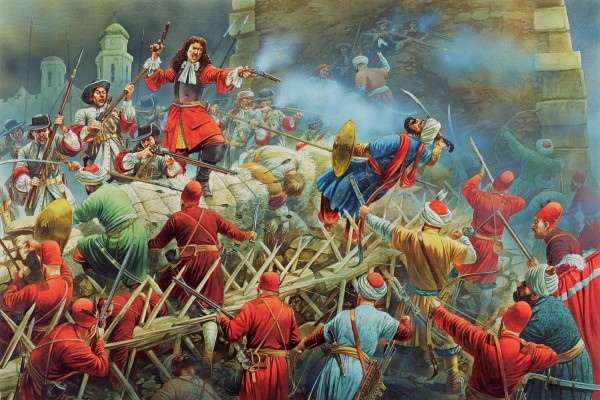
Settler colonial solidarity and me
Larry Haiven reflects on how childhood lessons in empire, whiteness, and settler-colonial loyalty shaped his subconscious sympathies during the Siege of Vienna. Using historical and personal narratives, he explores why Western nations support Israel, revealing the intertwining of race, empire, and inherited biases in both individual perspectives and global politics.
-
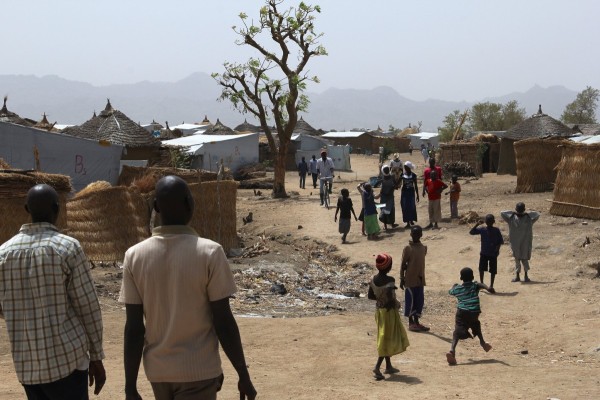
Canada’s peacebuilding in Cameroon risks leaving civilian survivors behind
Canada funds peacebuilding in Cameroon’s Boko Haram-affected region, but programs often prioritize ex-fighters over civilian survivors. This creates resentment, widens divides, and overlooks women’s resilience. True peace requires survivor-centred justice, and recognition of harm—not just reintegration metrics. Without this, trust and recovery remain fragile.
-
_600_400_90_s_c1.jpg)
The changing tide of public opinion threatens Israel’s crumbling legitimacy
Public opinion across the West is shifting decisively against Israel as polls show growing recognition of its campaign in Gaza as genocide. Once dismissed as fringe, sympathy for Palestinians is now mainstream. This historic turn raises questions about Israel’s future legitimacy—and whether changing sentiment can reshape entrenched policy.
-
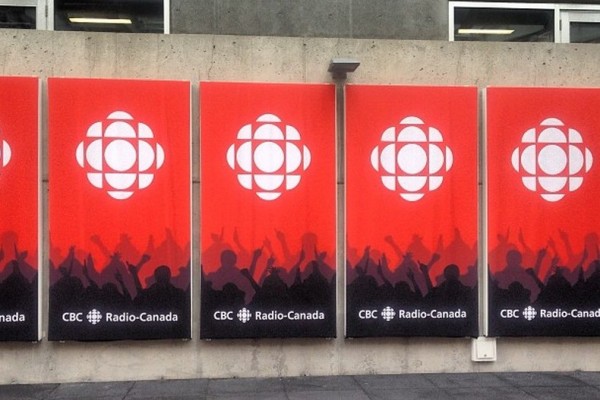
On Gaza, Canada’s public broadcaster betrays its mandate
By refusing to deliver accurate, comprehensive, and contextually rich reporting on Israel’s assault, Canada’s public broadcaster, the CBC, has denied Canadians the information they need to act on conscience and to pressure their government to help end the savagery. In effect, the CBC has made Canadians complicit in genocide.
-
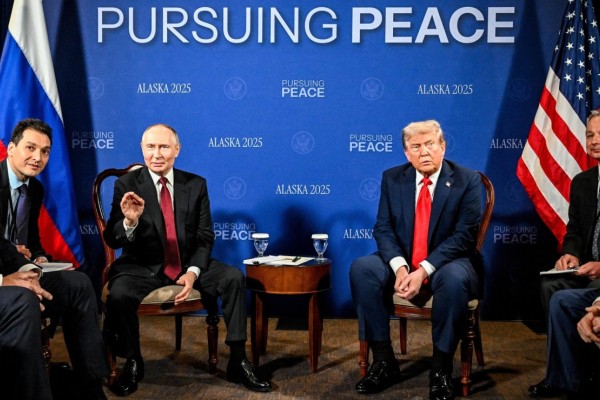
Squaring an impossible circle of peace and insecurity in Ukraine
Despite a flurry of diplomacy, peace in Ukraine remains elusive. Trump’s shift toward talks-before-ceasefire has deepened divisions with Zelensky and Europe, while Russia and Ukraine remain locked in irreconcilable demands. Each side’s security guarantees translate into insecurity for the other, leaving negotiations stalled and the war grinding on.
-

A graveyard of liberal illusions
The West may now be finally waking up to the full enormity of the horrors Israel has inflicted in Gaza. It needs also to wake up to the evils it has nurtured not just for the last two years, but for over a century. It is time we started listening to Palestinian voices, while there are still Palestinians left alive to speak truth to power.
-
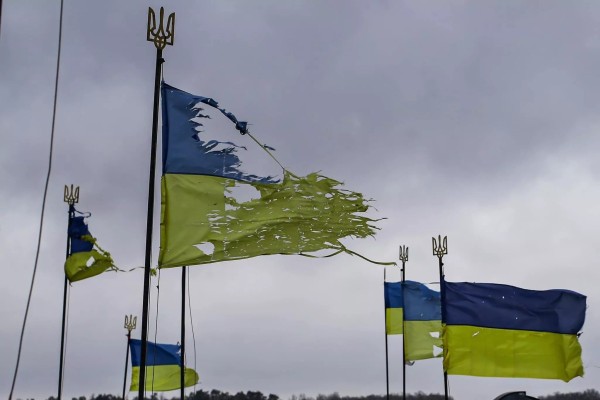
Why the Trump-Putin summit is unlikely to ‘ripen’ peace in Ukraine
The Trump-Putin summit in Alaska isn’t expected to bring peace to Ukraine, writes Paul Robinson. Russia feels it’s winning, Ukraine refuses to give up land, and US weapons support is winding down. With no clear plan either side can agree on, the gap remains wide, so while the talks may open dialogue, a real breakthrough looks unlikely.
-

Manitoba is no friend to Palestine
As the Palestinian death toll surpasses 60,000 human beings, Manitobans deserve to know which side their leaders are on: the side of the oppressor, or the oppressed. For those paying attention, anything short of the premier’s clear and unequivocal condemnation of the genocide unfolding in Gaza is cynical, calculated pandering.
-

Endgames in Gaza?
What’s unfolding in Gaza is not just a humanitarian crisis—it’s a deliberate, systematic campaign to destroy a population. Mass killings, starvation, and attacks on aid efforts are part of a broader strategy. Western governments, through their support and silence, are complicit. This is not only Israel’s genocide. It is enabled, justified, and sustained by the West.
-
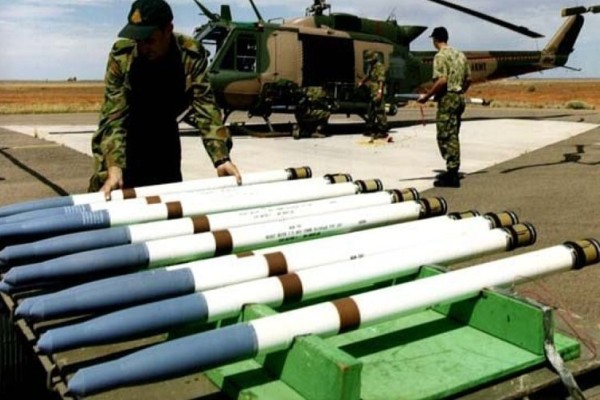
Winnipeg’s hidden role in the global arms trade
Winnipeg’s Magellan Aerospace has played a significant but under-recognized role in Canada’s arms industry. Its CRV7 rockets and other military technologies have been used globally—from Cold War NATO allies to conflicts in the Middle East and Ukraine. Despite public unawareness, Winnipeg remains a key hub in producing weapons fuelling conflicts worldwide.



